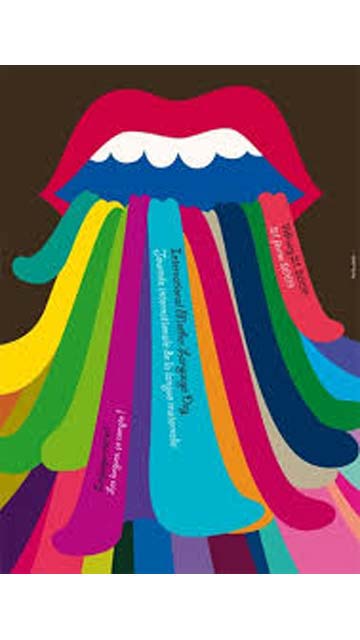
Rhodes University will hold its annual Multilingual Colloquium early in the fourth term. This year, the Rhodes University Language Committee, under the School of Languages, is hosting their inaugural Multilingual Writing Competition as part of the colloquium.
This new project aims to "promote multilingualism and sensitivity in language usage at Rhodes in such a way as to create and foster a supportive, inclusive and non-discriminatory environment to which all members of the University can feel they belong," said Dr Sam Naidu, convener of the Multilingualism Colloquium.
The theme of the writing competition is Eastern Cape Heroes: Past and Present. Participating students will be able to tap into the locality as a broad topic, as well as its context with regard to individual heroes.
"We want to engage the imaginations and linguistic virtuosity of our students. You would be surprised to know that students from every faculty on campus enter the competition," explained Naidu.
"Through creative writing, students can share their life experiences with the rest of campus, using languages with which they feel comfortable and confident," she added.
While the majority of South Africans' first language is isiXhosa, isiZulu or another indigenous language, English and Afrikaans still appear to be dominant in formal spheres in the country. This is especially apparent with regard to the education system.
"Both of these languages have been dominant in the South African education system for nearly a century now, with the concomitant denigration and suppression of indigenous languages," said Naidu. As a result, the promotion of indigenous languages is a key component of the colloquium.
The Multilingualism Colloquium will take place on 22 September 2014. The event will feature speakers on the subject of multilingualism in Africa, an announcement on Rhodes' revised Language Policy, a multilingual choir and a comedian. The winner of the Creative Writing Competition will also be revealed at the event.
With this competition, the Rhodes University Language Committee hopes to revitalise an interest in indigenous languages and discover Rhodes' hidden writing potential. Through creative writing, students can share their life experiences with the rest of campus, using languages with which they feel comfortable and confident.
Article by: Ellen Heydenrych.
Article Source: The Oppidan Press

